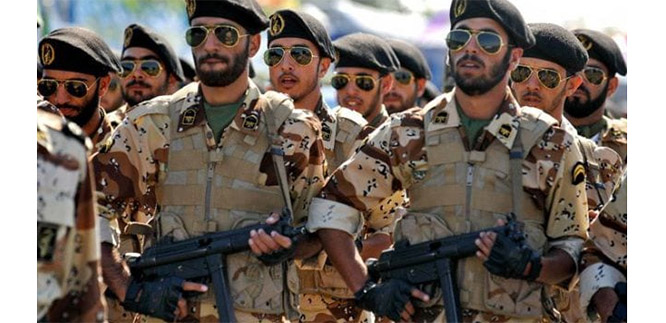Dubai, Apr 2: Saudi Aramco, the world’s biggest oil producer, made core earnings of $224 billion last year, almost three times as much as Apple, figures from the state-owned company showed on Monday ahead of its debut international bond issue.
Aramco revealed its financials in order to obtain a public rating and start issuing public international bonds.
Despite the huge profit, the state-owned oil giant was rated by credit agencies at par with Saudi Arabia, meaning the Kingdom’s economy will weigh on Aramco’s cost of borrowing as it prepares its bond market debut.
Saudi energy minister Khalid Al-Falih said earlier this year the planned bond sale would raise around $10 billion, but banking sources said the transaction could be larger.
Rating agencies Fitch and Moody’s rated Aramco A+ and A1 respectively, but both said that without sovereign rating constraints Aramco would be in the same league as better-rated international oil companies like Exxon Mobil, Chevron and Shell.
Fitch put Aramco’s standalone credit profile at “AA+.”
Credit ratings allow investors to compare and assess the credit quality of bond issuers and their debt securities, and are important in determining how much borrowers have to pay.
The planned bond deal is Aramco’s inaugural transaction in international markets. It still plans to launch an initial public stock offering or IPO in 2021, expected to generate $100 billion, having postponed its flotation from 2018.
“Saudi Aramco has many characteristics of a Aaa-rated corporate, with minimal debt relative to cash flows, large scale of production, market leadership and access in Saudi Arabia to one of the world’s largest hydrocarbon reserves,” said Rehan Akbar, senior credit officer at Moody’s.
The group has 257 billion barrels of oil equivalent, representing over 50 years of reserves based on current production levels, according to a company presentation given to investors and seen by Reuters.
Aramco will start meeting international bond investors this week for the much anticipated debt transaction, expected to attract hefty demand from global investors.
The planned bond sale follows the announced acquisition of a 70 percent stake in Saudi Basic Industries Corp. (SABIC), the world’s fourth-largest petrochemicals maker, from Saudi Arabia’s Public Investment Fund (PIF), in a deal worth $69.1 billion.
The bond sale, which may be split into tranches with maturities ranging from three to 30 years, is not linked to the SABIC acquisition, Aramco said.
Aramco intends to pay for the acquisition in tranches, with 50 percent at the closing of the transaction and the remainder over a two-year period, from internal cash generation and, potentially, other resources, the company said in its presentation.
Aramco had earnings before interest, tax and depreciation (EBITDA) of $224 billion in 2018. By contrast Apple, which according to Forbes was the world’s top company in terms of profits last year, had normalized core earnings, or EBITDA, of $81.8 billion.
Moody's Investors Service said Aramco posted a net profit of $111.1 billion in 2018 — far higher than the combined net earnings of the five international oil majors — and generated $359.9 billion in revenues. Last year, Apple posted nearly $50 billion in net profits.
“Saudi Aramco has an extremely strong liquidity position,” Moody’s said, with $48.8 billion in cash against $27 billion in reported debt.
“The company’s balance sheet leverage has been conservatively managed,” said the agency, adding it has $46.8 billion of bank facilities, of which about $25.5 billion was still available.
Aramco representatives will meet with investors in Asia, Europe and the US through Friday, April 5, according to a document issued by one of the banks leading the deal.
The roadshow has no planned stop in the Middle East, showing the transaction is mostly aimed at international buyers.
“The blue-chip company is extremely profitable, free cash flow positive, has low leverage and strong reserves for the future, making it a compelling investment case for global investors,” said Parth Kikani, fixed income director at Emirates NBD Asset Management.
Aramco is presenting itself to global investors as an “anchor of global energy” and a global energy provider of systemic importance, producing one of every eight barrels of global crude, according to the investor presentation.
It had $86 billion in free cash flow at the end of 2018.
The SABIC acquisition, at the heart of Aramco’s push to expand in the downstream business, will not impact Aramco’s rating, the company said in the presentation.
Aramco has hired Lazard as financial adviser for the planned bond deal, and JP Morgan and Morgan Stanley as global coordinators. They are joined by Citigroup, Goldman Sachs, HSBC and NCB Capital as bookrunners.







Comments
Add new comment